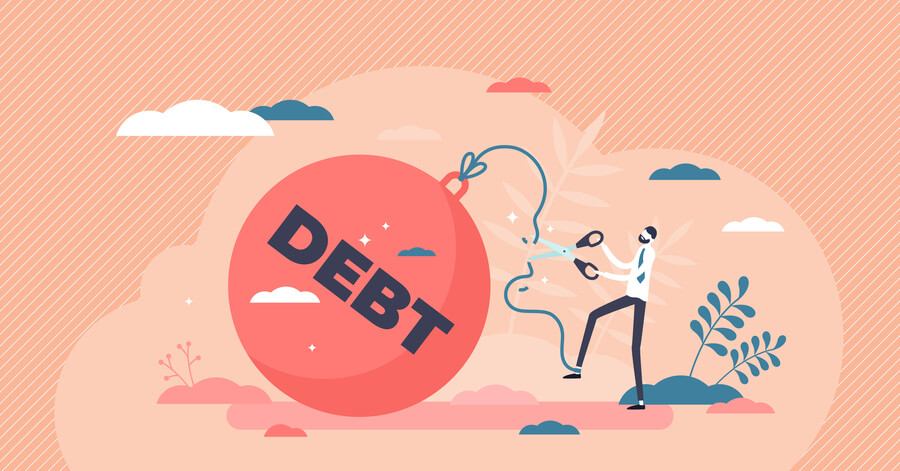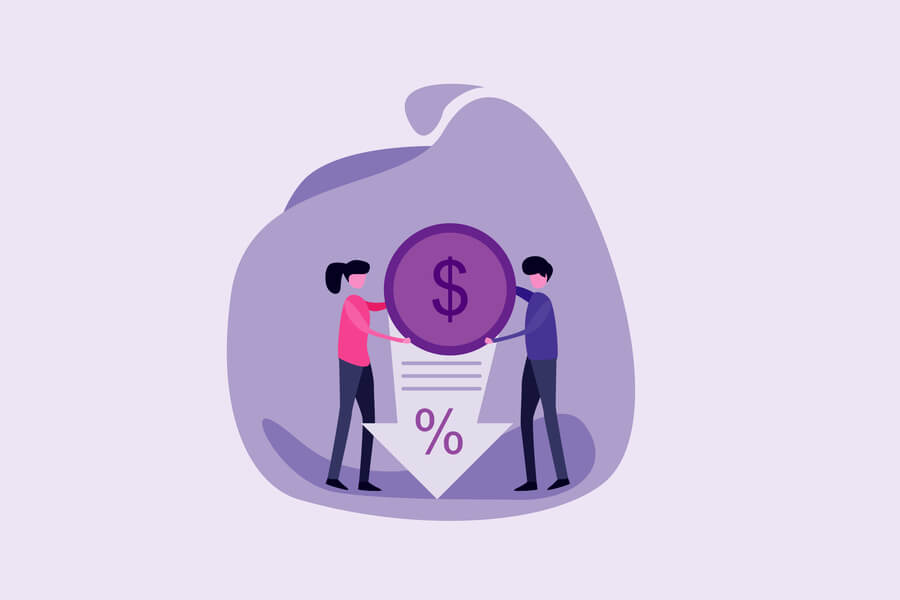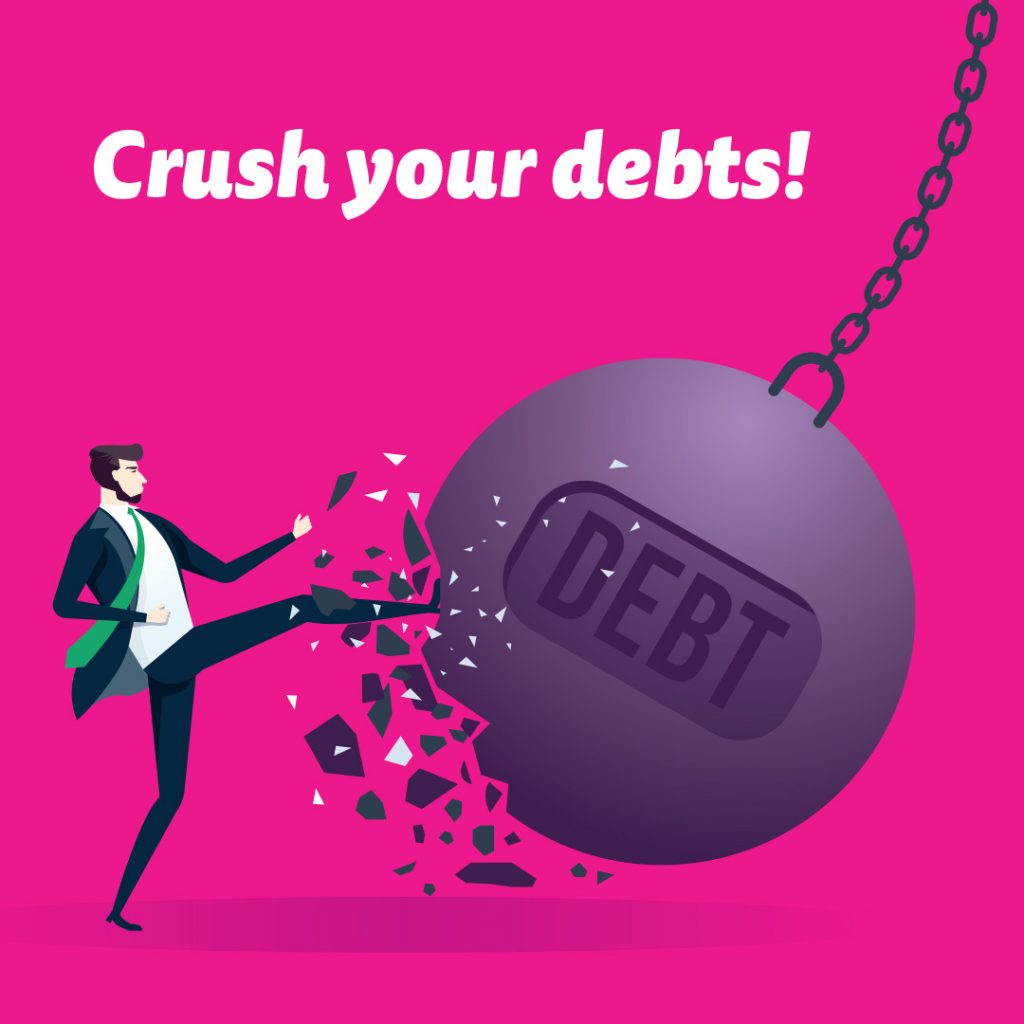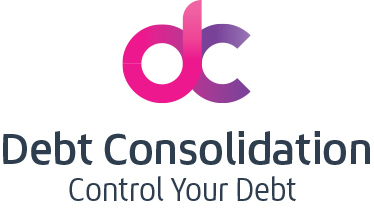Have you found yourself in over your head with debts you cannot repay? Getting further behind in repayments and facing stressful phone calls from debt collectors? You should consider an informal debt arrangement, otherwise known as an informal debt agreement. Just what is an informal debt arrangement and how can it help you? Knowing when to consider entering into an informal debt agreement can help you tackle financial difficulties and live a better life.
What Is An Informal Debt Arrangement?
An informal debt arrangement is an agreement between yourself and your creditors whereby repayment terms are negotiated to reflect your personal circumstances. They change the terms of your loan in consideration of what you can manage to repay. They can be structured in numerous ways, with not every arrangement looking the same. They can entail:
- A reduction in the owed amount to allow a one-off lump sum payment to cover the majority of the debt and clear it. This requires the creditor to be willing to write off some of the debt so is understandably a less favourable option.
- An extended loan term that reduces the scheduled repayment amounts.
- Reduction in the interest percentage to allow quicker repayment of the loan amount.
- A pause in repayments for a set period to allow you to source the funds or save for the repayment of the loan.
An informal debt arrangement can be just one of the above or any combination of these. It will really depend on what your creditor is willing to negotiate with you.

Pros and Cons Of An Informal Debt Arrangement
There are some great reasons to pursue an informal debt agreement over other forms of debt management, however, these are balanced out by some potential negatives.
Benefits of a debt arrangement
- Informal debt arrangements do not impact on your credit score or show on your credit history.
- Takes into account your personal situation and is tailored to give you the best opportunity to get on top of the debt.
- As the debtor, you are not required to disclose an informal debt arrangement when applying for future lines of credit or a loan.
- Stops creditors from harassing you or pursuing you for recovery of the debt. Creditors cannot ask you for more money than agreed on.
- It is a more relaxed and peaceable approach to repaying a debt.
Drawbacks of a debt arrangement
- As they are informal, the creditor can choose to re-draw the terms or retract the arrangement if you fail to keep up with the arrangement.
- Informal debt arrangements rely solely on the goodwill of the creditor. They are not required to offer such arrangements.
- They are not available to everyone and require certain criteria to be met prior to approval.

When Should I Pursue An Informal Debt Arrangement?
Entering into an informal debt arrangement is something you should still consider carefully. As with all debt management, you will usually need to provide proof that you are unable to service the debt as per the originally agreed terms. Things that are often taken into account to prove financial hardship are:
- Unexpected or sudden change in employment.
- Sudden or unexpected illness or injury that impacts your ability to work.
- Changes to your living situation such as separation or divorce.
Have you simply fallen behind on your repayments or taken on more credit than you could reasonably service? Be prepared that your creditors are likely to decline an informal debt arrangement in favour of a Part 9 Formal Debt Agreement or even declaration of bankruptcy.
A Part 9 Formal Debt Agreement or declaration of bankruptcy have long-lasting, negative impacts on your credit score and credit history. Staying on your record for years to come and impacting on your financial future and ability to borrow. If you own a business, you are also required to disclose Part 9 Debt Agreements to companies you work with.
It is important to note that no matter what kind of debt arrangement you enter in to, it does not release you from your debts. You are expected to adhere to the arrangement until its conclusion. Ultimately, however, your creditors want their money back so it is in everyone’s best interests to work together to find a solution.
A debt negotiator or debt consolidation service is recommended to ensure that the terms are fair and achievable for your circumstances. Engaging the help of professionals can mean you avoid more damaging outcomes such as bankruptcy and actually get your finances in order.

Seek Help And Take Control Of Your Finances
If your situation has changed and you’re no longer able to service your debt, don’t wait until it becomes worse. Seek help from experts at Debt Consolidation and review your options to get ahead.
Living with the stress of debt collectors is something you can avoid, call today on 1300 795 775 and get your debts back under control.

